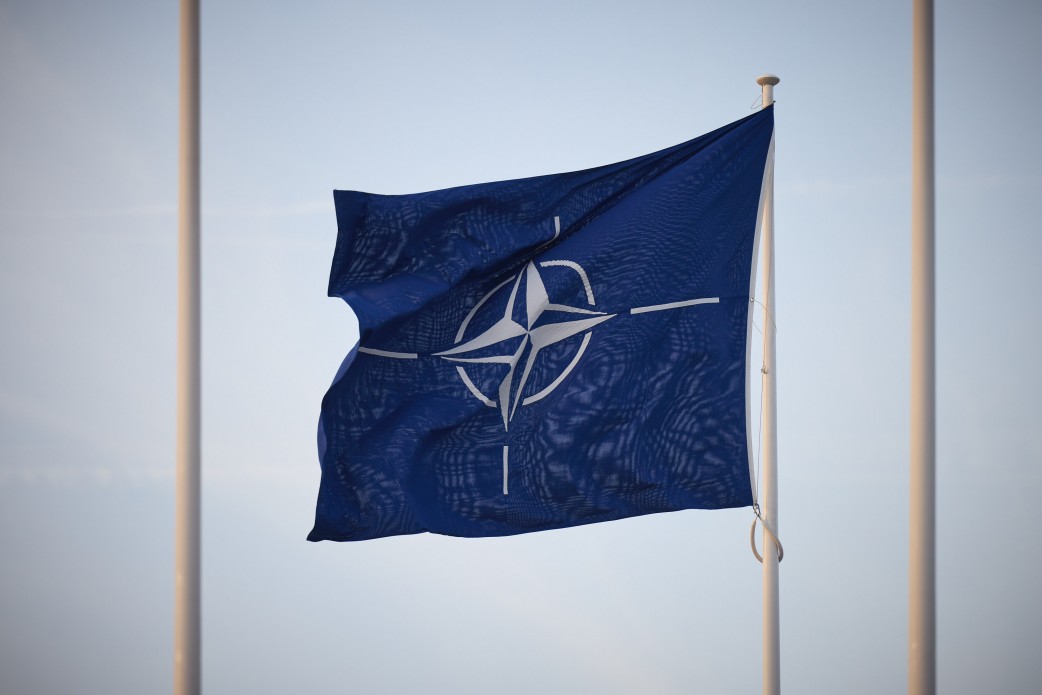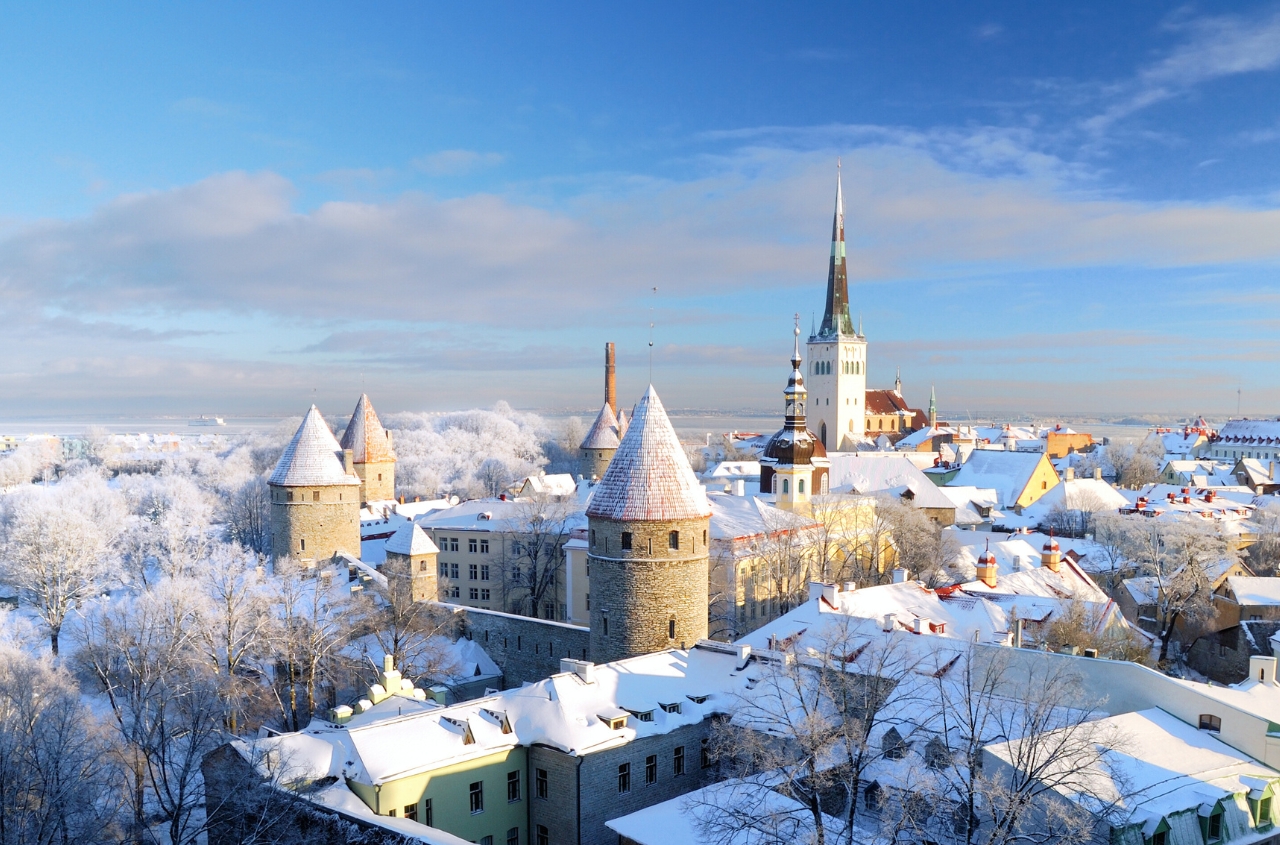Anders Nielsen, a military analyst at the Royal Danish Defence College, commented on the current discourse surrounding the Russian threat to Western Europe.
Here's a summary of his key points:
Current rhetoric is misguided: European messaging about the Russian threat is not particularly effective at the moment. A good example is NATO Secretary General Mark Rutte repeating the line that without increased military spending, “everyone will have to learn Russian.” While this phrase might make sense coming from Estonia’s Kaja Kallas—given the real risk of Russian occupation there—it sounds excessive when Rutte says it at a UK conference.
Clarity is needed on the actual threat: To properly address the issue, Europe must carefully analyze how exactly Russia poses a threat to Western European countries.
Threat 1: The collapse of European society: The foundational structures of European life—NATO and the EU—are at risk. A possible war between Russia and NATO won’t be a full-scale clash involving all members; instead, Russia will try to fracture political unity by deterring some countries from defending others. This undermines the mutual trust that holds European society together.
U.S. support is uncertain: It’s becoming less realistic to count on the U.S. to defend Europe. Donald Trump has shown no clear commitment to Europe’s strategic interests. That means Europeans themselves must demonstrate a willingness to defend each other. If they don’t, the entire European project—defense, economic cooperation, and social cohesion—could begin to unravel.
Threat 2: Heavy military losses: Western military doctrine has long relied on high-tech superiority to minimize casualties. But now, attritional warfare is back. Victory may depend simply on which side can endure longer. Even if a territorial invasion is unlikely, European armies must be prepared for significant losses.
Threat 3: Coercion and psychological warfare: Initially, Russia will likely use information operations pushing peace narratives like “give peace a chance.” If that fails, it may escalate to long-range strikes on civilian targets—already seen in Kyiv and other Ukrainian cities—and nuclear threats.
Western societies must brace for pressure: These forms of aggression are designed to weaken NATO’s resolve—not only through psychological means but also by burdening nations with soaring defense costs. Europe must prepare for such pressure if it wants to uphold its collective security.


















